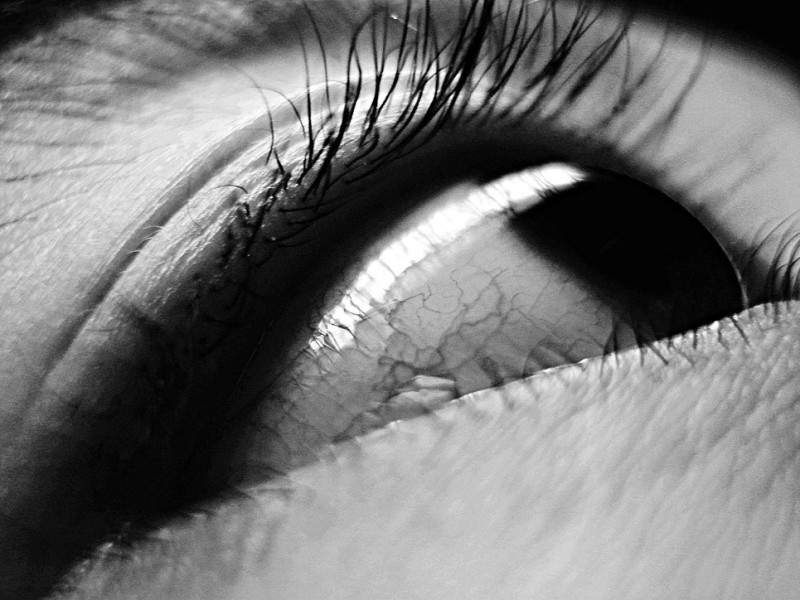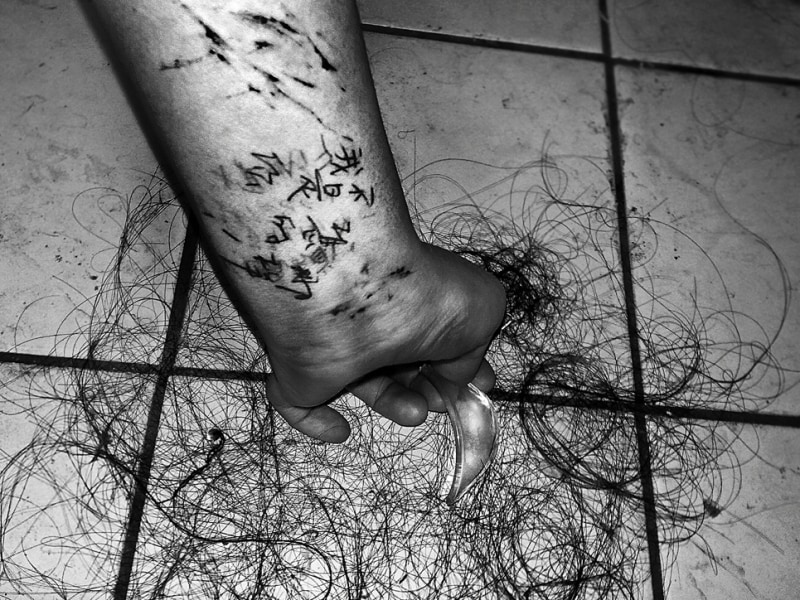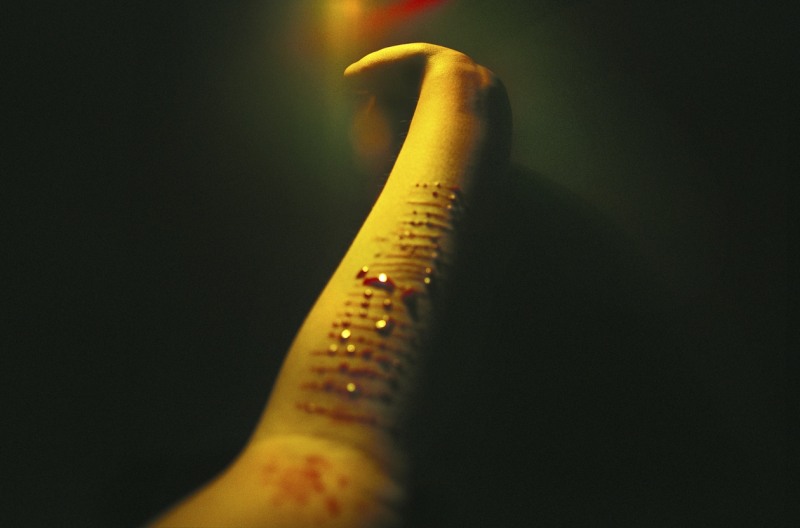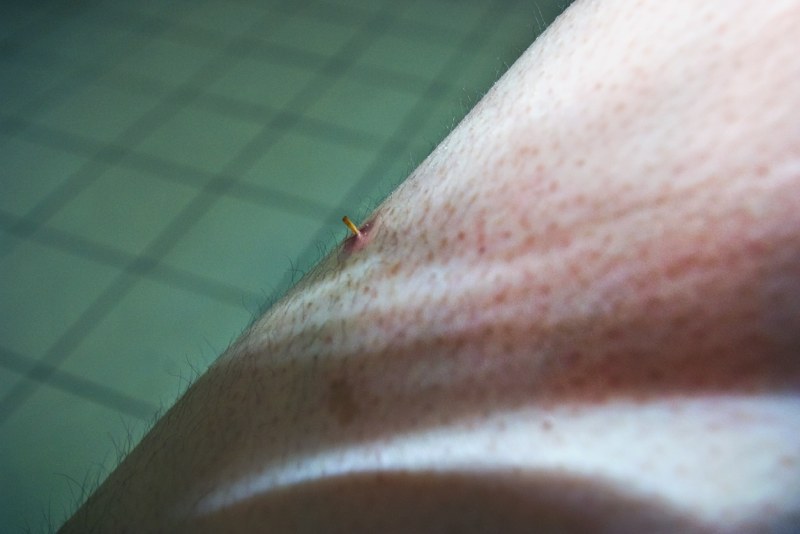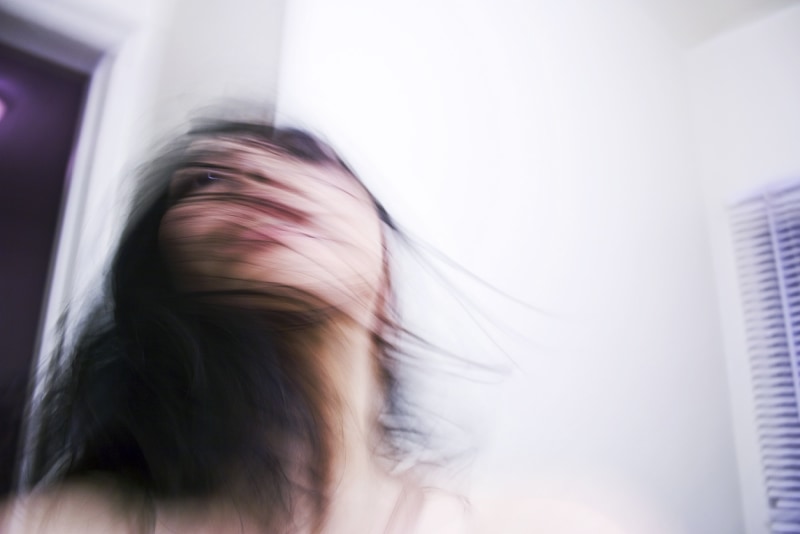About the artist
Chen Zhe’s practice is often restored as an ongoing process of exploration, discovery, and research. In her early work The Bearable and Bees, where the physical self-destruction of her subjects is identified as an act of spiritual cleansing, Chen searched after the possibility of “another way of telling" by expanding her photographic observations with a collection of letters and journals. In her current project Towards Evening: Six Chapters, Chen uses dusk as her motif to continue her quest of the visible and the speakable, in this case, to explore the ambiguous meeting point of visual representations and language.
Chen Zhe (b.1989, Beijing) received her BFA in Photography and Imaging from Art Center College of Design in Los Angeles. Her works have been the subject of exhibitions at the CAFA Art Museum, Beijing (2017); OCAT Shanghai, Shanghai (2016); Power Station of Art, Shanghai (2016); Minsheng Art Museum, Shanghai (2016); Ullens Center for Contemporary Art, Beijing (2013); and Three Shadows Photography Art Centre, Beijing.
Chen is the recipient of the Three Shadows Award (2011), Inge Morath Award from the Magnum Foundation (2011), Lianzhou Festival Photographer of the Year Award (2012) and the Xitek New Talent Award (2015). She is also subject of TV documentary films Chinese Viewfinder produced by ARTE, France (2013) and China Through the Lens of Youth produced by NHK, Japan (2014). Her latest publication Bees & The Bearable was awarded the Best Photobook of the Year by Kassel Fotobookfestival in 2016.
About the work
In recording these scars, which may have came from childhood or may have something I caused, I often use photography to preserve that silently forgotten, indescribable internal pain. I do not want to use photography to make myself look steadily at the past and accept the present because I am still tangled in the stress of the wounds. However, photography is still my best chance for a complete recovery. In the course of taking photographs, the wounds to my body and soul are first objectified; photography makes these “diseases” and “abnormalities” appear tangible. In the end, they become visible things from my silent existence. My life experience is recovered by the replacement of photography; I can objectify these pains and make them less personal. In a certain sense, it’s like Deleuze said, “Artistic expression is a curative process.”
